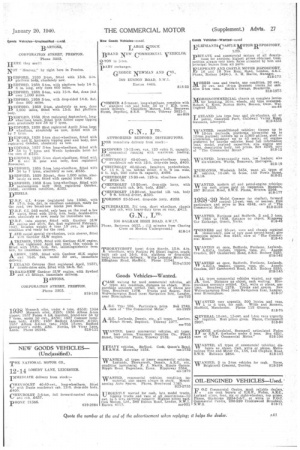Higher Wages Benefit Both Sides
Page 51

If you've noticed an error in this article please click here to report it so we can fix it.
THE feeling of an audience of over 60 was obviously with S.T.R., The Commercial Motor costs expert, when, at Oxford, on Wednesday night of last week, he dealt with a question (which was almost a criticism) concerning his figures for wages. A figure of 54s. 6d. per week was quoted in respect of the operation of a vehicle carrying 4-5 tons. S.T.R. said that it was insufficient and that operators ought to pay good wages.
If a reasonable wage level were established, the result would be to attract a better class of man to the business, a man who would not only save his employer much more than the difference in wage, because of economies in maintenance, but would enhance his employer's reputation.
The occasion was a meeting of the Oxford Sub-area of the East Midland Area of C.M.1(J.A. Mr. G. R. Stevens, of Stevco, Ltd., was in the chair, and there were present Mr. Donaldson Wright, Mr. Kenneth Read (B.R.F.), Councillor C. J. V. Bellamy, secretary of the local Chamber of Trade, Mr. E. 0. Gray, secretary, East-Midland Area, C.M.U.A., also Mr. H. Crapper and other members of A.R.O. The presence of A.R.O. members at a C.M.U.A. function is surely not without its significance.
Other points raised in the discussion related to the possible difference in operating costs, as between the owner of one or two vehicles, the owner of a medium fleet and the owner of a large fleet. S.T.R. pointed out that whilst the fleet owner might have some advantage in respect of purchasing, as compared with the owner of but a few vehicles, he usually had bigger overheads to meet.
The chairman, Mr. Stevens, referring to railway matters, suggested That it was high time that the railway companies wrote down their capital to a figure more nearly approaching the actual value of the undertaking as a
whole. • S.T.R.'s address was heard with the keenest attention on the part of this large audience, and considerable satisfaction was expressed when it became known that he was to visit other districts in that area in the .near future.




















































































